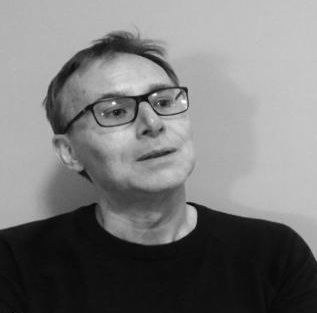Roderic Page wins joint first prize in the 2018 Ebbe Nielsen Challenge...
Published: 25 October 2018
Congratulations go to Rod Page for winning joint first prize in the 2018 Ebbe Nielsen Challenge...

Congratulations go to Rod Page for winning joint first prize in the 2018 Ebbe Nielsen Challenge, an annual innovation competition run by the Global Biodiversity Informatics Facility (https://gbif.org) to advance open science and open data for biodiversity. Rod will receive a prize of €10,000 for his contribution to the biodiversity informatics community.
Rod's entry in this years' Challenge was "Ozymandias: a biodiversity knowledge graph", which can be viewed at https://ozymandias-demo.herokuapp.com. "Knowledge graphs" are a kind of database that link together diverse kinds information - in this case species, scientific publications, images, researchers, journals, and institutions such as publishers and museums. By linking all these entities together we can start to explore patterns in the rate of discovery of species, where gaps in our knowledge occur, and ask questions concerning the accessibility and availability of knowledge about different species. The project currently focusses on Australian animals because taxonomists in that country have created detailed databases on animal taxonomy, and many publications on these species are freely available online (many of these through another of Rod's projects, BioStor https://biostor.org which feeds into the open access Biodiversity Heritage Library).
Having demonstrated that knowledge graphs are a useful approach to integrating biodiversity data, Rod hopes to explore several further directions. One goal is to expand the kinds of information included in the graph, for example by adding information on museum specimens and DNA barcodes. The other is to explore links between the Ozymandias project and larger projects such as Wikidata (https://www.wikidata.org), which is the knowledge graph underpinning Wikipedia. He was recently at a workshop in Ottawa that explored some of these approaches, and hopes to use the prize money to help develop further collaborations in this area.
First published: 25 October 2018

